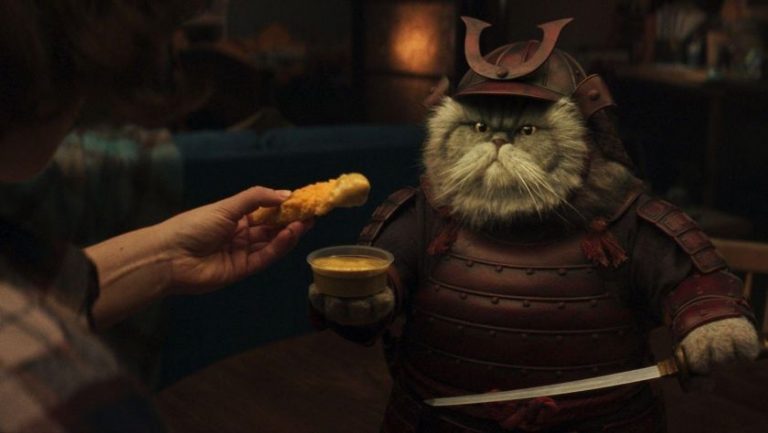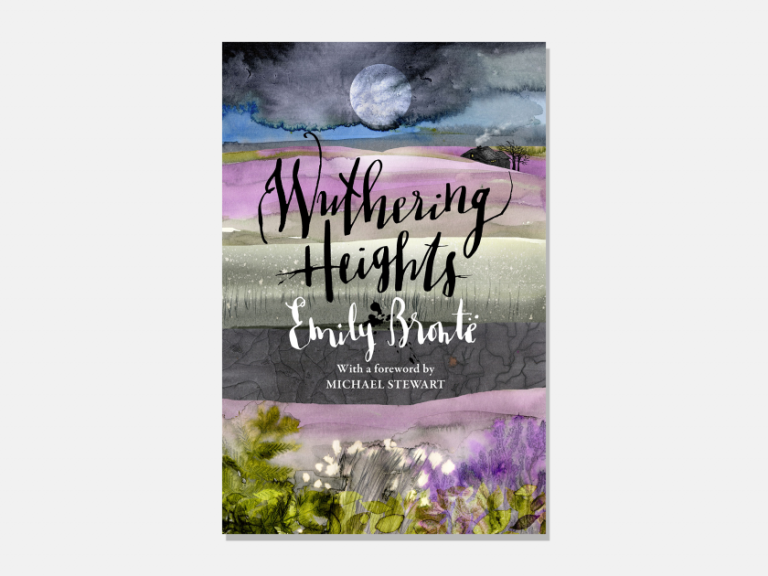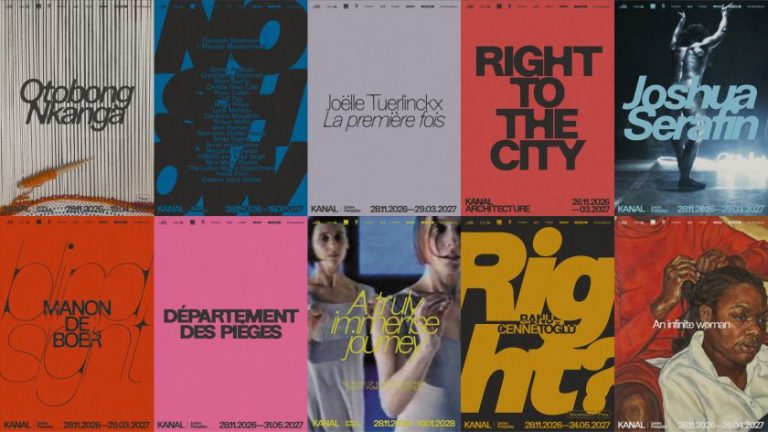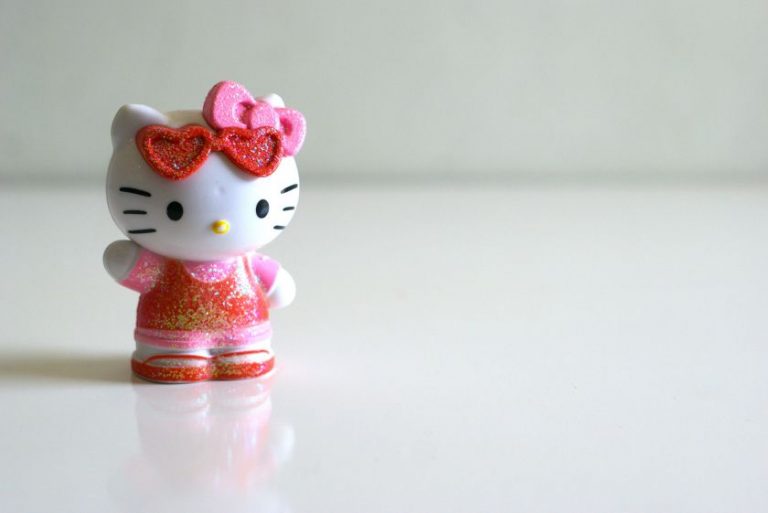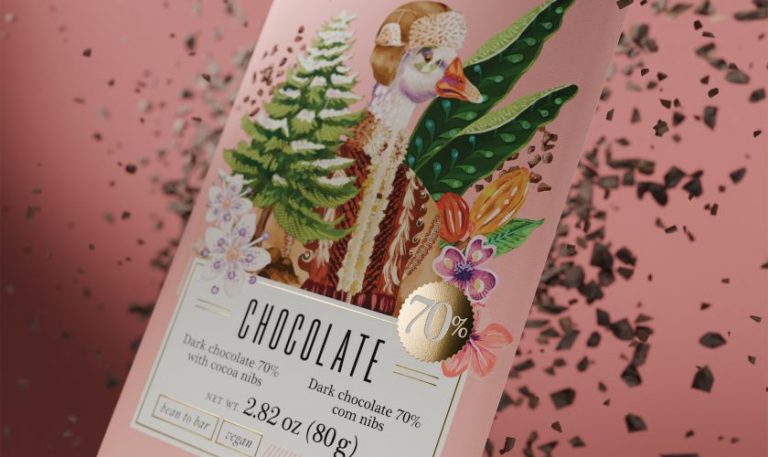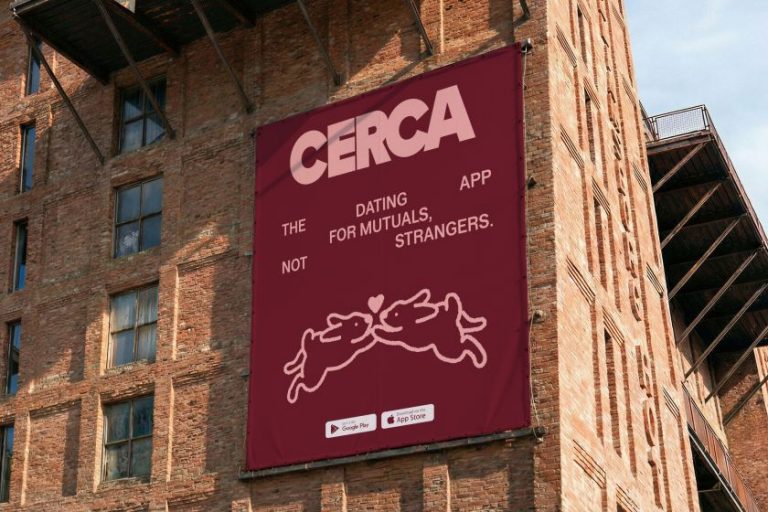Image licensed via Adobe Stock
The founder and CEO of The Liberty Guild explains why independent creatives need a voice in government, and what we can expect from this new role.
When the government announced plans to appoint a Creative Freelance Champion, as part of the Creative Industries Sector Plan this June, the news barely made a ripple. Outside of a few pieces in the design press, including our exclusive interview with culture secretary Lisa Nandy, it got little coverage. In the mainstream media, there were no thinkpieces, no jubilant LinkedIn pile-ons, no hot takes. Pretty much… silence.
Jon Williams, founder and CEO of The Liberty Guild and a member of the UK Creative Council, was disappointed by that. “The news didn’t get much pickup,” he shrugs. “Not enough people understand how important it is. There’s a phenomenal percentage of freelancers in our creative industry, and this industry contributes an enormous amount of revenue to the national economy. But not enough people talk about it. Ironically, this is an industry built on communications… and yet freelancers don’t have the mouthpiece or the noise required to bubble their real problems to the surface.”
Yet, this is important stuff, not just for people like us, but for society as a whole. As Jon explains, the UK creative industry contributes an astonishing £124.6 billion to the economy; a not insignificant 5.7% of GVA—a measure of the value of all products and services—and employs
2.4 million people. With so many of those people being freelancers (70% in advertising, for instance), it’s not surprising that the government is finally paying attention.
Jon is ahead of the curve on this, having spent the past eight years building a business around those problems. The Liberty Guild works with hundreds of freelance creatives worldwide, and Jon himself sits on the Creative UK Council, which has been advocating for the government to recognise freelancers as a backbone of the modern economy, not an afterthought.
So if you sense some frustration in his tone, you wouldn’t be far wrong. Jon argues that freelancers still aren’t getting their dues.
A respect deficit
“The vast majority of agencies don’t give freelancers the respect they deserve,” he says. “Our business is built around freelance talent because we’re seeing more and more brilliant creatives decide to work freelance. For us, it’s really important. For your average legacy agency, perhaps less so.”
That indifference matters, though, because freelancing is no longer a fringe choice. With agencies “rightsizing” (read: cutting staff) and AI reshaping workflows, it’s often the only option. “Freelancers aren’t the safety net any more,” Jon points out. “They are the system.”
Which is why the government’s move matters, even if it’s a cautious one. It’s worth pointing out that the new Freelance Champion role, which sits inside the Department for Culture, Media and Sport, will lack the independence or enforcement powers that peers in the House of Lords had argued for under a proposed Freelance Commissioner.
Jon is careful not to oversell the new role of Freelance Champion. “I don’t know what sort of teeth it’ll have,” he admits. “I don’t know how much confidence I’ve got in the delivery mechanism of the government, anyway, at the moment. But it’s a step in the right direction. I hope they prove their worth.”
And he certainly believes there’s a long list of things for this new person to address “IR35 is still a mess. Obtaining a mortgage as a freelancer can be a nightmare. Pensions are often an afterthought. But these aren’t luxuries; they’re the scaffolding of a stable working life. The system is designed for 9-to-5 lifers, not the modern workforce.”
That fragility was never more visible than during the pandemic, he adds, when many freelancers were locked out of furlough support. “Wouldn’t it be better if someone had cared enough to smooth those things out?” Jon asks. “These are small things, but they make a massive difference to freelancers.”
The AI curveball
On top of all this financial precarity, AI looms large. Some see it as a threat; Jon sees something more complicated. “AI is just a tool,” he says. “It doesn’t have to be a death knell for freelancers: in fact, it can be their greatest weapon. If you tool up and plug it into your process, you can go toe-to-toe with the agency that just booted you out. Faster, cheaper, with more control. That’s what scares agencies, and that’s what excites me.”
At The Liberty Guild, he’s already watching “a new breed” of AI-augmented freelancers producing jaw-dropping work. The risk, he warns, is that without someone fighting their corner, those same freelancers will end up trapped in a “race to the bottom” on fees. “If the work dies, the industry dies with it,” he says, bluntly.
So, is the Freelance Champion the answer? Even Jon admits it’s vulnerable to political winds and short-term thinking. But he’s also adamant it’s progress. “Someone in government finally cares about this huge cohort of people,” he says. “That’s something we should be celebrating.”
In short, for creative freelancers used to operating in the gaps of policy, recognition itself is a win. Whether this new champion becomes a fighter or just a figurehead remains to be seen. But as Jon makes clear, the stakes couldn’t be higher: the future of creative work depends on getting it right.

